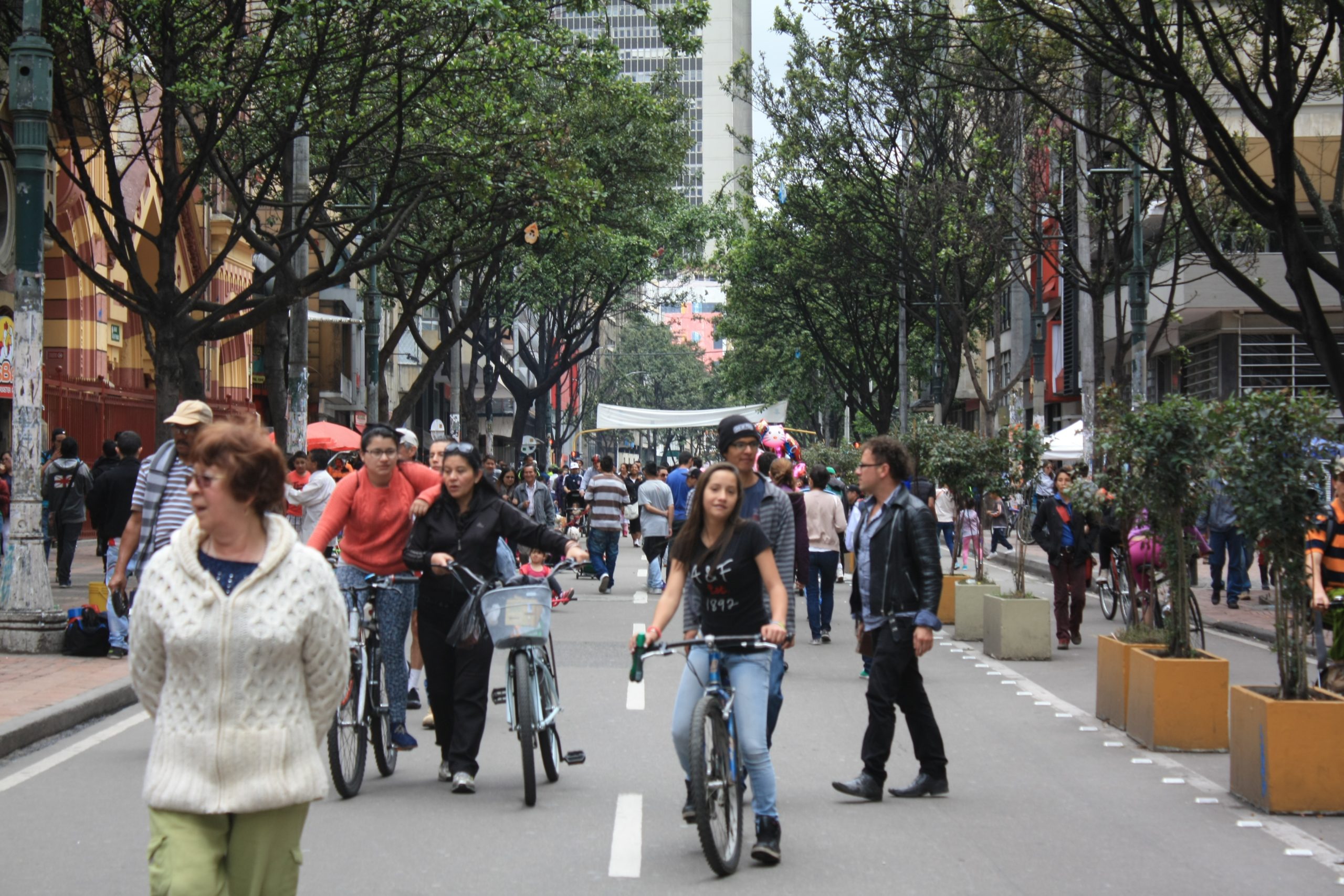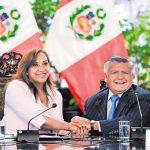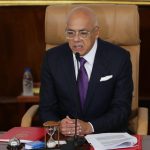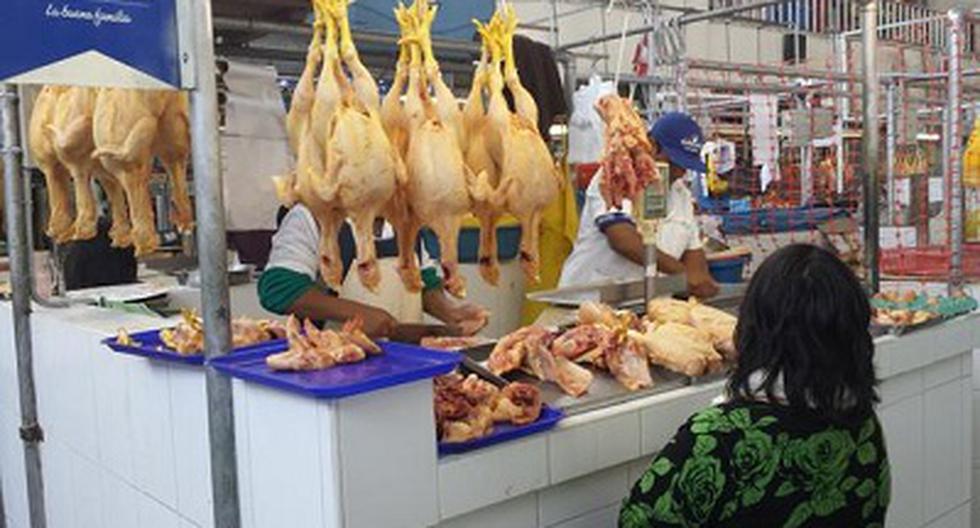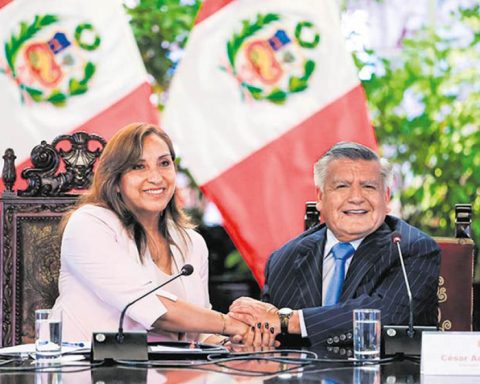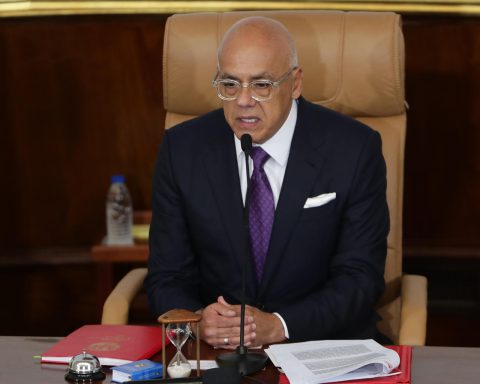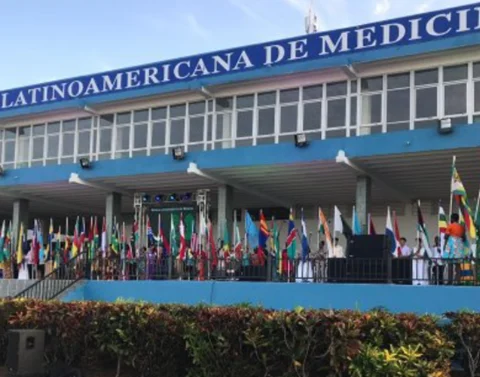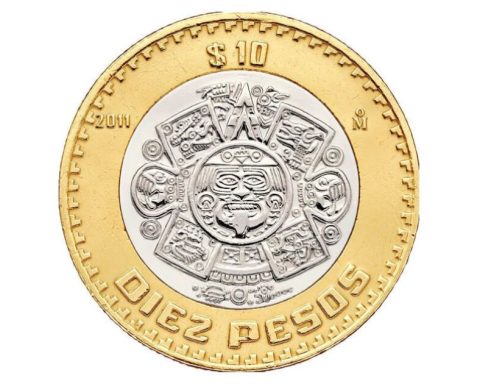The writer Ricardo Silva said in one of his columns that Colombians “are so fed up with everything that they prefer nothing”, describing an unprecedented situation in the country, where on June 19 they will have to choose between two candidates champions of change and that it reflects at the same time «a system in crisis».
“Many years ago we were not at such a horrible, difficult crossroads,” writer Piedad Bonnett told Efe, referring to the two candidates on the Colombian ballot.
The presidential race is decided between the millionaire construction businessman Rodolfo Hernández, who has emerged from almost anonymity with a populist and demagogue speech against corruption and traditional politics, and the senator and left-wing candidate Gustavo Petro, a former guerrilla who raises passions and brings out the most visceral fears on the part of Colombian society.
«A SOCIETY IN CRISIS»
Bonnett, author of “What has no name” (Alfaguara, 2013), in a pessimistic tone, assures that the situation is the product of “a system in crisis”, not only in Colombia, but in the world that is experiencing “an era of tremendous populisms that are due to widespread discontent.
For Juan Gabriel Vásquez, however, the situation that Colombia is going through is worrying but has “two undeniably positive aspects”: the defeat of the traditional political class and a “verdict on what has been the presence of Uribism and the performance of the president ( Iván) Duque in the last four years”, and, above all, a “radical change” since the 2016 referendum.
“In these six years, what I have seen is a transformation of the opinion of Colombian society regarding the agreements and now what seems to be there is broad majority support (for peace),” Vásquez underlines, while he recalls that “all the candidates, including Rodolfo Hernández, who had openly voted no, proclaimed that they were going to support the agreements and defend their implementation.”
“The war provided a social and political pretext for the maintenance of socially absurd situations, a very marked inequality and neglect by the State of many needy people,” says the author of “The noise of things falling” (Alfaguara , 2011), and now, despite the fact that the conflict persists, a new window opens.
“Now it is definitely something unprecedented and that opens up opportunities, but it also throws us into all the risks that a democracy runs when it abandons itself to populism,” argues Vásquez, an opinion shared by Bonnett.
RODOLFO, THE UNPRESENTABLE
From feminism, which has been one of the great stones in Hernández’s shoe, Bonnett assures that the populist former mayor of Bucaramanga evokes “the lack of total institutionality, rudeness, improvisation, ignorance, violence, machismo…”
They are the “burdens that we have wanted to get rid of”, says the novelist and poet, who does not believe that he is an “outsider” as he is called but that he “incarnates the system in its worst manifestations” and is “an internationally unpresentable being ».
Silva also has numerous adjectives for him: “a talkative, humorous, friendly, rude boss, who has no idea how the Colombian state works,” says de lane.
Many intellectuals and writers mistrust his populist discourse, but the surprise came from one of the people who has most addressed the Colombian conflict and the root problems of the country, the essayist William Ospina, who has not only shown his support for Hernández, but also that he has proposed the position of Minister of Culture if he arrives at Casa Nariño.
“Some of those opinion leaders who complain all day about everything that happens, but who view any change with alarm, have said that Rodolfo Hernández’s proposals are too simple, but the truth is that the solution to the problems is simpler than what the technocrats say,” he said in a column in El Espectador in January.
PATHOLOGICAL FEAR OF THE LEFT
In the Hernández phenomenon there is also a shadow that runs through Colombia and it is the almost pathological fear of the left, of that ideology that sounds like a guerrilla and that, although it has moderated the semblance of European socio-democracy in this candidacy of confluence of forces of Petro, continues to provoke anger, despite the fact that the majority wants change.
Bonnett, who defends the blank vote as a way of expressing protest and disagreement with the situation, describes it as follows: «the alternative that remains is Petro, who seems to me to be an intelligent man, very clever, very capable of camouflaging himself according to with the needs that he is reading, very poorly surrounded, a guy who has an authoritarian mood, he is also a more refined and more interesting populist».
The guerrilla, Vásquez explains, was “a deeply retarded force” that “with its excesses, its excesses and its history of inhumanity has slowed down the progress of a democratic left,” and that continues to weigh on Petro, who joined the ranks of a of those guerrillas, the M-19, until their demobilization more than 30 years ago.
But for Silva, as he explains to Efe, precisely Petro’s campaign “is the result of a series of candidacies of democratic struggles, social struggles, civic movements” where “a number of leftist struggles and progressive struggles and many liberal ones converge.” which is the essence of the “culture of peace” that should revive in Colombia.
At this “crossroads” a large part of Colombia is undecided and, like Bonnett, many who say they are from the center claim the blank vote; Many are also plagued by uncertainty, like Vásquez, and others are hopeful that the left can finally have its “historical vindication,” like Silva.
However, the author of “Historia oficial del amor” (Alfaguara, 2013) is pessimistic, since he predicts that “we are going to close a chapter of history without having read it and having known it.” EFE
Irene Escudero
